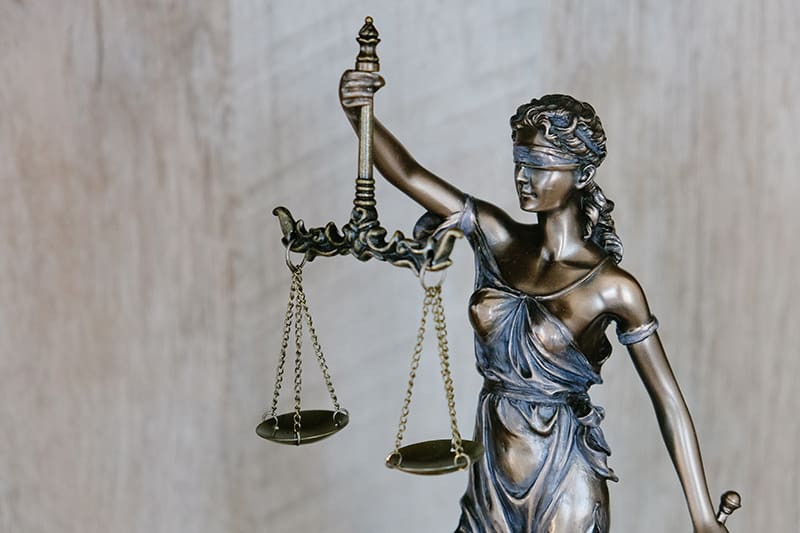The European Court of Human Rights (‘ECtHR’) has held that an order by the Belgian courts requiring a newspaper to anonymise the name of a driver responsible for a fatal road traffic accident in an article available through its online archive did not breach the publisher’s right to freedom of expression. The importance of the judgment lies in the way the ‘right to be forgotten’ is applied and its implications for the media archive.
The applicant, Patrick Hurbain, was at the relevant time the editor of the French language Belgian newspaper Le Soir. In 1994, Le Soir, published an article detailing a road traffic accident in which two people were killed and three others were injured. The article printed the name of the driver responsible (‘G’). In 2008, Le Soir, created an online archive providing, for free, electronic versions of published articles from 1989 onwards via its website. From this point, the relevant article became accessible through that website, free of charge. In 2010, G sent a number of letters to the newspaper requesting the article be deleted from its electronic archives, or at the very least, that his name be anonymised. G argued that a Google search of his name led to the article and that as a consequence he suffered damage to his reputation, in particular because he worked as a doctor. In 2010, G successfully brought a claim before the Belgian courts against Mr Hurbain, in his capacity as editor of Le Soir, and obtained an order that the article be anonymised. In 2016, Mr Hurbain filed an application at the ECtHR arguing that the anonymisation order was in breach of his Article 10 rights.
In its judgment, the ECtHR found that the domestic courts had properly weighed G’s right to privacy against the right to freedom of expression of Mr Hurbain in accordance with the criteria set out in its case law. The Court concluded that the interference with Mr Hurbain’s right to freedom of expression as a result of the anonymisation order was necessary and proportionate.
The outcome of this case raises concerns about the way the ‘right to be forgotten’ has been applied since the CJEU’s decision in the Google Spain case. As we note in our recent intervention in the case of Biancardi v Italy, this expansive approach to the application of the ‘right to be forgotten’ will inevitably affect press freedom. It will be harmful to the online media archive, the purpose of which is to maintain and make available information that might become relevant at a future, unknown date. Investigative journalism often involves uncovering potentially embarrassing or controversial information about a person. The ability to search for someone’s name is often crucial to finding that information. Anonymisation removes that ability and distorts the historical record.
If you are a journalist or citizen journalist in need of support, please click here.
If you would like to support our work, please click here.
Recent News
Landmark Ruling: Kenya’s High Court Declares Colonial-era Subversion Laws Unconstitutional
Media Defence welcomes the verdict of the High Court in Nakuru, striking down sections of the Kenyan Penal Code which criminalise subversion, citing them as relics of colonial oppression that curtail freedom of expression. Justice Samwel Mohochi, delivering the judgment, asserted that these provisions were overly broad and vague, stifling dissent rather than serving any […]
UN Rapporteurs Call for Protection of Brazilian Journalist Schirlei Alves
UN Rapporteurs Call for Protection of Brazilian Journalist Schirlei Alves Amid Defamation Charges Stemming from Rape Trial Coverage A letter dispatched by UN rapporteurs to the Brazilian Government calls for protective measures for women journalists covering cases of sexual crimes. The letter also denounces the conviction of Brazilian investigative journalist and women’s rights defender, Schirlei […]
Convite à apresentação de candidaturas: Cirurgia de litígio em português na África Subsariana
Cirurgia de litígio em português na África Subsariana Aplique aqui 23 a 25 de julho de 2024 em Nairobi, Quénia Prazo: 3 de maio A Media Defence está a convidar advogados sediados na África Subsariana que falem português a candidatarem-se a participar numa próxima cirurgia de litígio sobre o direito à liberdade de expressão e […]



